How to Ask for (and Get) Person-Centered Care When You Have a Complex Chronic Condition
Living with a complex chronic health condition—whether it's ME/CFS, Long COVID, EDS, POTS, fibromyalgia, or another long-term diagnosis—often means navigating not just symptoms, but systems that weren’t designed with you in mind.

You may have experienced appointments where your story was rushed, misunderstood, or reduced to lab values and symptom checklists. Maybe you've left feeling unheard or even blamed. You’re not alone.
At ReStory, we believe that the way care is delivered matters just as much as what care is delivered. That’s the essence of person-centered care—and yes, you deserve it. Here’s how to advocate for it in medical spaces, even when it's hard.
1. Know What Person-Centered Care Looks Like
Before asking for it, it helps to define it. Person-centered care means:
- You are seen as a whole person, not just a diagnosis
- Your lived experience is valued as essential clinical information
- Your preferences, goals, and values help shape your care plan
- Communication is collaborative, not one-way
- You are allowed to ask questions, take time, and say "no"
This isn’t a special favor—it’s a basic standard of ethical care. But in complex or high-pressure settings, it often gets lost. Naming it helps.
2. Bring Your Story Into the Room
Complex conditions don’t always fit neatly into a 15-minute appointment box. If you have a nuanced history, summarize key patterns and priorities in writing ahead of time:
- A 1-page health history timeline or symptom overview
- A list of things that help vs. worsen your condition
- Your top 1–2 goals for the visit (e.g., “rule out X,” “update treatment plan,” “ask about referrals”)
This can ease your cognitive load and give your provider a better chance to understand the full picture.
3. Use Grounding Language to Advocate Without Conflict
It’s possible to advocate for yourself without being adversarial. You can name what you need with calm, clear phrases like:
- “It’s helpful when I feel included in decisions about my care.”
- “What you’re describing makes sense. Can we also explore X based on what I’ve experienced?”
- “My body tends to respond differently than expected. I’d love to walk through what’s worked and what hasn’t.”
- “Would you be open to co-creating a care plan together?”
Most providers want to help. Giving them a pathway to meet you in partnership can shift the dynamic.
4. Ask These Specific Questions
Sometimes you just need the right question to reframe the conversation. Try asking:
- “How do you usually approach care for patients with overlapping conditions like mine?”
- “What would a person-centered version of this treatment look like for someone like me?”
- “If this doesn’t work, what’s our next step together?”
- “How can we measure progress in a way that matches my lived experience?”
These invite collaboration instead of compliance.
5. Know You Can Redirect—or Opt Out
If a provider seems dismissive, rushed, or rigid, you can reset the tone by saying:
- “Actually, I’d like to focus on how this is affecting my daily life.”
- “That approach hasn’t worked well for me in the past. I’m open to alternatives.”
And if a provider consistently disregards your input or autonomy, it’s okay to leave. Seeking care elsewhere isn’t quitting—it’s reclaiming your right to be treated with respect.
You Are Not Asking for Too Much
Your needs are not too complicated. Your story is not too long. Your voice is not too loud.
You are allowed to ask for care that sees you.
And if you’ve never had that experience before—we want you to know:
person-centered care is possible. It may take persistence, but it is worth seeking, and you don’t have to do it alone.
Book a free consult today to speak with Dr. Thobaben and take the next step towards getting the care you deserve.


